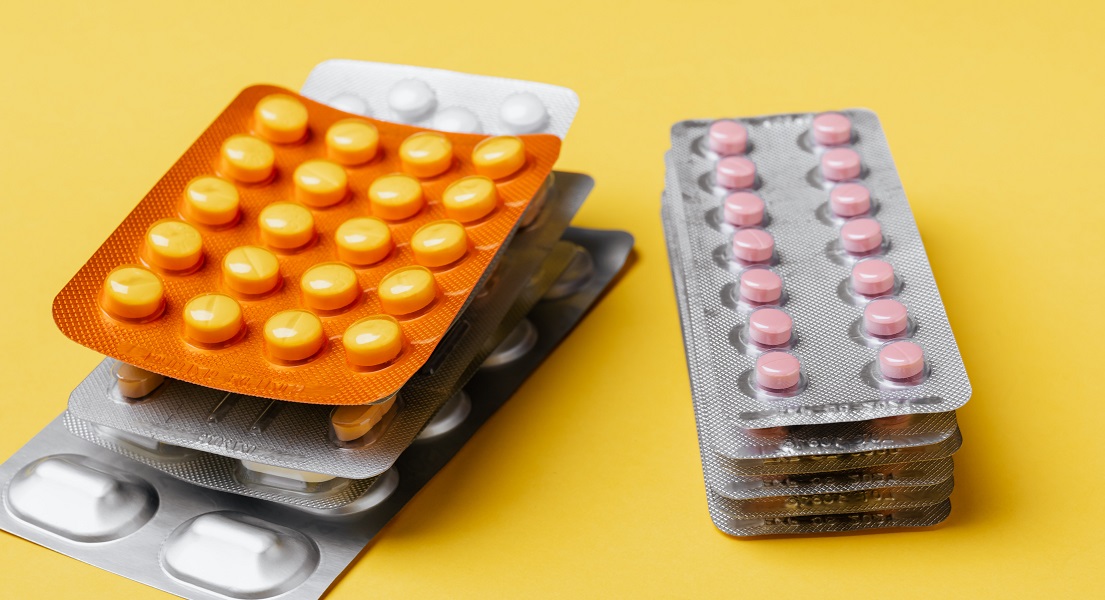Hormone Replacement Therapy (HRT) has been a lifesaver for many people navigating hormonal imbalances. From alleviating menopausal symptoms to supporting gender transition journeys, HRT’s potential benefits are well-documented. Yet, like any medical treatment, it isn’t without its challenges. For me, HRT initially seemed like a miracle—until it began to impact my mental health in ways I hadn’t anticipated.
What is HRT?
HRT is a medical treatment designed to replace or supplement hormones that the body no longer produces in adequate amounts. It’s commonly prescribed for:
- Menopausal symptoms, such as hot flashes and mood swings.
- Gender-affirming care for transgender individuals.
- Managing conditions like hypogonadism or thyroid disorders.
Despite its transformative potential, HRT can cause side effects. One question many people ask is, can HRT cause depression? My journey through HRT revealed a nuanced answer.
My Experience with HRT and Mental Health
When I first started HRT, I noticed an immediate improvement in my physical symptoms. My energy levels stabilized, and I felt more aligned with my body. However, within a few months, I began experiencing subtle changes in my emotional state. At first, I dismissed them as normal life stressors, but over time, these feelings became harder to ignore.
- Mood Swings: I found myself oscillating between extreme highs and lows, often without any external triggers.
- Increased Anxiety: Tasks that once seemed manageable now felt overwhelming.
- Lingering Sadness: A constant undercurrent of sadness began to creep into my daily life.
These symptoms prompted me to ask myself, can HRT cause depression? It was time to dig deeper.
Understanding the Link Between HRT and Depression
Research on whether HRT can cause depression is mixed. While many studies highlight the mental health benefits of HRT, such as reducing menopausal mood swings or dysphoria in transgender individuals, others point to potential adverse effects. Here’s what I found:
- Hormonal Sensitivity: Not everyone reacts to hormones the same way. Certain individuals may experience mood changes as their bodies adjust to new hormone levels.
- Underlying Conditions: Pre-existing mental health conditions, such as anxiety or depression, can amplify side effects.
- Imbalance in Dosage: Too much or too little hormone supplementation can disrupt the delicate balance needed for emotional stability.
These factors made me question whether my dosage or the type of HRT I was using was contributing to my mental health struggles.
Seeking Help and Adjusting Treatment
Once I realized my mental health was declining, I knew it was essential to take action. Here’s what I did:
- Consulted My Doctor: I scheduled an appointment to discuss my symptoms. Together, we reviewed my HRT plan and adjusted my dosage.
- Explored Alternative Therapies: My doctor suggested combining HRT with natural remedies, such as dietary changes and mindfulness techniques.
- Therapy Sessions: I began seeing a therapist who specialized in hormone-related mood disorders. This provided me with coping strategies and a safe space to process my emotions.
If you’re asking, can HRT cause depression?, the answer might lie in the unique interplay between your body’s chemistry and your treatment plan.
Common Queries About HRT and Mental Health
1. How Long Does It Take to Adjust to HRT? For most people, it takes a few weeks to a few months for their bodies to adapt to HRT. If mood-related symptoms persist beyond this period, consult a healthcare provider.
2. Are There Specific Types of HRT That Increase Depression Risk? Some studies suggest that synthetic hormones may carry a higher risk of mood disturbances than bioidentical hormones. Discuss your options with your doctor.
3. What Should I Do If I Suspect HRT Is Affecting My Mental Health?
- Keep a journal to track your mood and symptoms.
- Speak with a healthcare professional to adjust your treatment.
- Consider holistic approaches like exercise, yoga, or meditation to support your mental well-being.
Lessons Learned: Balancing HRT and Mental Health
My experience taught me valuable lessons about advocating for my health and understanding my body’s unique needs. Here are a few takeaways:
- Be Informed: Research your treatment options and potential side effects.
- Monitor Changes: Pay attention to both physical and emotional shifts after starting HRT.
- Communicate: Openly discuss any concerns with your healthcare provider.
- Seek Support: Whether through therapy, support groups, or loved ones, don’t hesitate to ask for help.
Can HRT Cause Depression? The Bottom Line
The answer isn’t straightforward. While many people experience improved mental health on HRT, others may face challenges. Factors such as hormonal sensitivity, pre-existing conditions, and dosage imbalances all play a role. If you’re struggling with mood changes or asking, can HRT cause depression?, don’t hesitate to seek medical advice.
Ultimately, HRT is a deeply personal journey. By staying informed and proactive, you can find a treatment plan that works for your body and mind. For me, adjusting my HRT and seeking additional support was the key to reclaiming my emotional stability. With the right approach, you can navigate your path to better health with confidence.





Comments